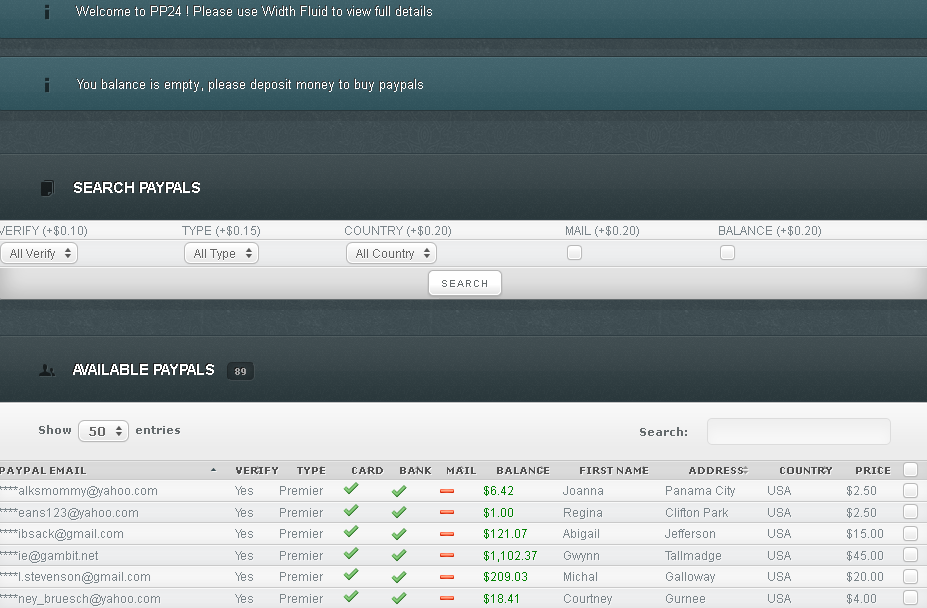 While browsing the web this evening waiting for thotcon 0x3 general admission tickets to go on sale, my wife's spidey senses were tingling when she asked me, "Is this a scam?"
While browsing the web this evening waiting for thotcon 0x3 general admission tickets to go on sale, my wife's spidey senses were tingling when she asked me, "Is this a scam?"Turning towards her monitor I see she has an email open inside her webmail account. The email has a pretty good sense of urgency written into it that compels the reader to follow the instructions provided and protect their information.

It begins:
"As of the 3rd of November 2011, our security system has blocked unusual charges to a credit card linked to your account."And concludes:
"Sincerely, PayPal Account Review Team"Unfortunately, the average person who does not read Naked Security might easily be duped of their PII (Personally Identifiable Information).
Phishing scams are nothing new. Hopefully, if people stopped falling for them, then perhaps the phishing scams might stop?
It really comes down to education and great protection (for when education fails).
 The home use version of Sophos Endpoint Security and Control did a fantastic job of catching the attack as Mal/Phish-A.
The home use version of Sophos Endpoint Security and Control did a fantastic job of catching the attack as Mal/Phish-A.The home use version is available to Sophos customer's employees. Check with your employer if the home use program is available at your organization before installing Sophos software willy nilly.
I spoke earlier in the week with a security professional who sent 500 spear phishing attacks internally to his colleagues. Of the 500 emails sent, 25 people responded by completing the form and surrendering their information.
While a 5% rate may seem small, he felt even 1% was too high. Education helped a lot, but not completely. Do you agree?
When read, this fresh phish posing as PayPal immediately puts the recipient into an emotional state that their account was compromised and their funds are in jeopardy which then clouds their judgement.
Since PayPal is a trusted name in the electronic payments industry, they of course have controls to prevent fraudulent transactions (but no one is perfect). This phish takes advantage of that trust by explaining that the breached account has been locked for your protection.
 Now to regain access to your funds it's imperative to download the attachment and complete the form.
Now to regain access to your funds it's imperative to download the attachment and complete the form.After downloading and opening the attachment it will open your web browser. As you can see, this web page looks very genuine and might lower your guard into believing it really came from PayPal.

There are a few mistakes in this poorly executed phish which caused education to prevail over emotion.
The most basic one is that there isn't a PayPal email address associated with the inbox which received this phish.
Another one to point out is that the (From: "PayPal") is really not from PayPal.
The phisher used a domain name pp-redacted-.com which based on a whois look up doesn't have anything to do with PayPal. It belongs to an instrumentation company out of Massachusetts that happens to have similar initials as PayPal.
While my wife isn't a security professional or an expert with computers, her education to not trust every email in her inbox (beyond spam) triggered a gut feeling to think more clearly.
If it doesn't feel right, then it's not. Go with your gut!
Until next time, stay safe and secure online.
![[+]d'ZheNwaY's Blog[+]](http://feeds.feedburner.com/blogspot/YRtWp.1.gif)

